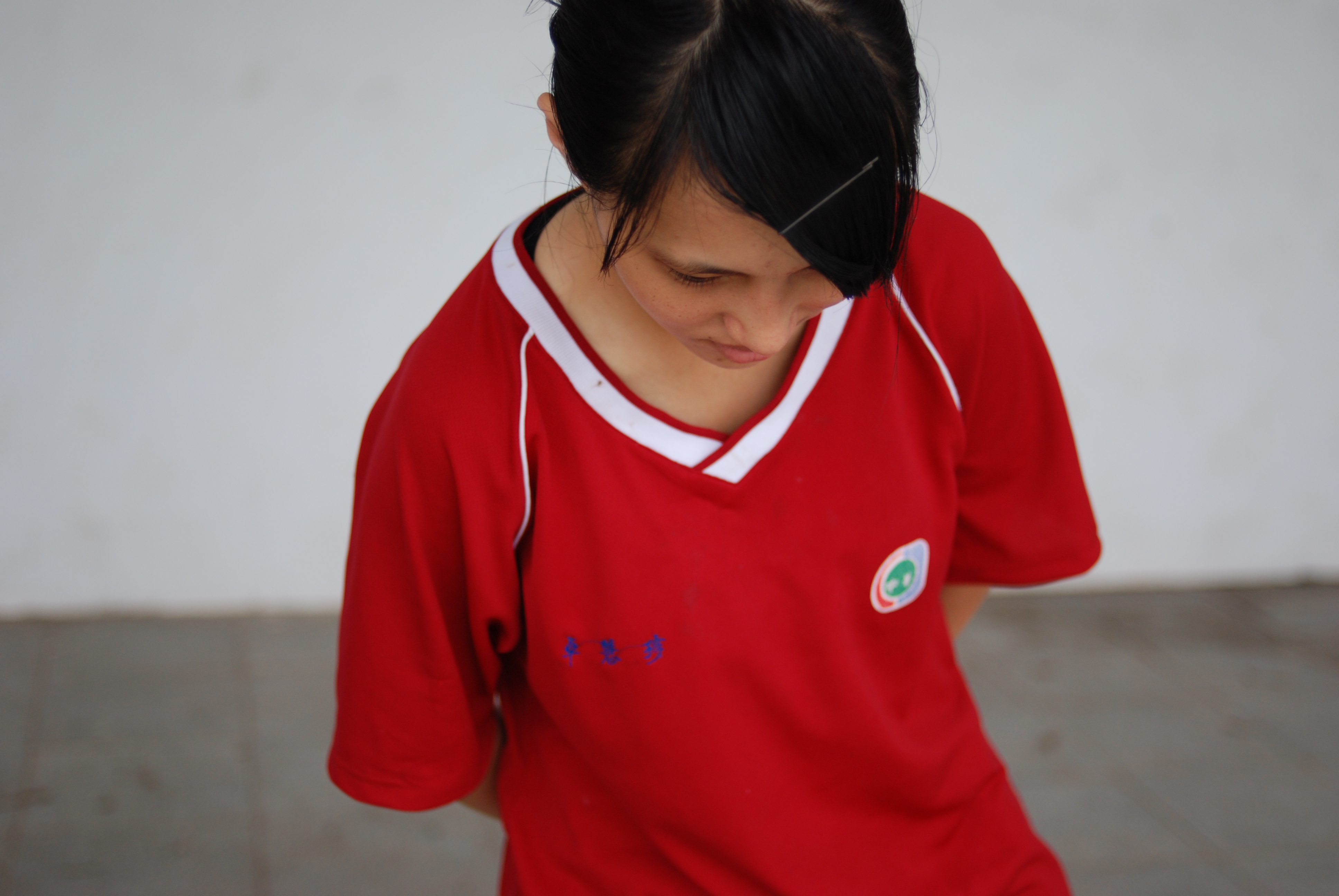ACF
Asian Cinema Fund
Asian Network of Documentary(AND) Fund
2016 Asian Network of Documentary (AND) Fund
LIST Turning 18| Category | Busan Bank Fund |
|---|---|
| Project | Turning 18 |
| Director | HO Chao-ti |
| Country | Taiwan |
| Director's Profile |
Ho Chao-ti’s works have been featured in international film festivals in Europe, North America and Asia. Ho’s works have been screened and awarded in Montana CINE Film Festival, Columbus International Film Festival, International Film and Television Festival of New York. She has been invited to showcase her works at the Museum of Modern Art (MoMA) in New York. Her work in progress Turning 18 received grant from the Sundance Institute Documentary Film Program. For several years she has made motion pictures centered on marginalized communities and non-mainstream issues, such as the impact of globalization and contemporary cultural hybridity. In addition to her work as an independent filmmaker, she was production director for the Taipei office of CNEX Foundation. |
- Synopsis
-
In Chinese culture, home is a place to which one can always go back. It is a sanctuary for most people.
However, Hui-Chen is facing a very different situation. Living with her poor indigenous family, Hui-Chen is more like a mother to her seven younger siblings. Her mother is an alcoholic, and that puts enormous pressure on Hui-Chen.
Hui-Chen′s life takes a different turn when she is 15 years old. She meets a group of young people of her age, and their similar backgrounds quickly bond them together. She is happy with her new friends including Pei-Yi. Pei-Yi left home at a young age, and since then she has been seeking a home from her romantic relationship.
Hui-Chen is then offered an internship in a funeral parlour and a B&B. Just as everything seems to be going well for her, she is once again put to the test. Her uncles who have repeatedly sexually assaulted her when she was little come back to the family. In order to protect her, Hui-Chen is placed in a care home. The separation from her family makes her miss her mother very much and underlines their love-hate relationship.
Several months later, Pei-Yi asks her boyfriend to marry her, in a subservient way.
Hui-Chen leaves the care home one year later. O n the way home, she is in pain because her parents have been hurting her for years. Her face looks mature like an adult’s. At the same time, Pei-Yi is pregnant and she wonders if she wants to keep the baby.
It′s a story about two girls dreaming of a sweet home. Will their dream come true?
- Director's Note
-
The protagonists in my documentaries are often those who are marginalised in society. It was the same when I began making this film. I entered these two girls’ lives with rational thinking in my head. In the past five years, the camera documented their journey to adulthood. The courage they demonstrate in life often makes me feel as if I was hit by strong jets of hot air that keep blowing over me until my rational mind gradually melts.
What I want to talk about in this film are the universal feelings of mankind. How can one develop the power to grow when lacking love in ones’ life?
Having mentioned the lack of love, I recall an anecdote. One day, during a break in the shooting, I had lunch with Hui-chen, the heroine in the film. Just as we were finishing the food, she suddenly stopped and said apologetically, ‘I’m not very good with chopsticks so I can’t pick up rice with them. I always used a spoon when I was little.’ I looked at the few grains of rice left in her bowl and said, ‘You can just scrape them into your mouth with the chopsticks.’ She answered, ‘If you scrape the chopsticks against the bowl, you’ll make horrible noise.’
At the time, I didn’t quite understand why she said that. I just told her I wouldn’t mind the sound of chopsticks scraping against the bowl. Then she expertly swept the rice into her mouth almost soundlessly.
The next day it suddenly dawned on me that many years ago, she had told me that she was not allowed to make any sound when eating with her father; otherwise he would not only flip over the table but beat her and her family.
If something as trivial as eating has left a scar on her, how is she going to face and cope with the much more serious traumas I have recorded in the past five years?
Both of these teenage girls have very complicated feelings for their mothers. Behind their mothers are their broken family, and behind the broken family lies the poverty caused by the social structure. Furthermore, the root of their problems can be traced back to their lost identity of Taiwanese aboriginal.
This is a story about searching for love. Love is always complex; there is not only sweetness but hate, grudge and anger, all mixed in love. In search of love, these two girls take up the challenges resulting from gender inequality, broken families, poverty and the loss of their identities. They face all these difficulties like fearless young warriors, and I have to admit that their imposing posture often takes my breath away. Like those silent moments in the film, they are soundless and yet we can hear the girls’ emotions banging out loud.
- Festivals
-
2018 Busan International Film Festival - Wide Angle_Documentary Showcase
2018 Sheffield International Documentary festival
2018 Singapore International Film Festival
2019 Taipei Film Festival - Best Documentary (Nominate) / Press Award
2019 PORTO FEMME International Film Festival
2019 CinemAsia Film Festival Amsterdam - Youth Jury Award (Best Female Director)
2019 Hong Kong International Documentary Festival - Feature Champion
- Still Cut
-
